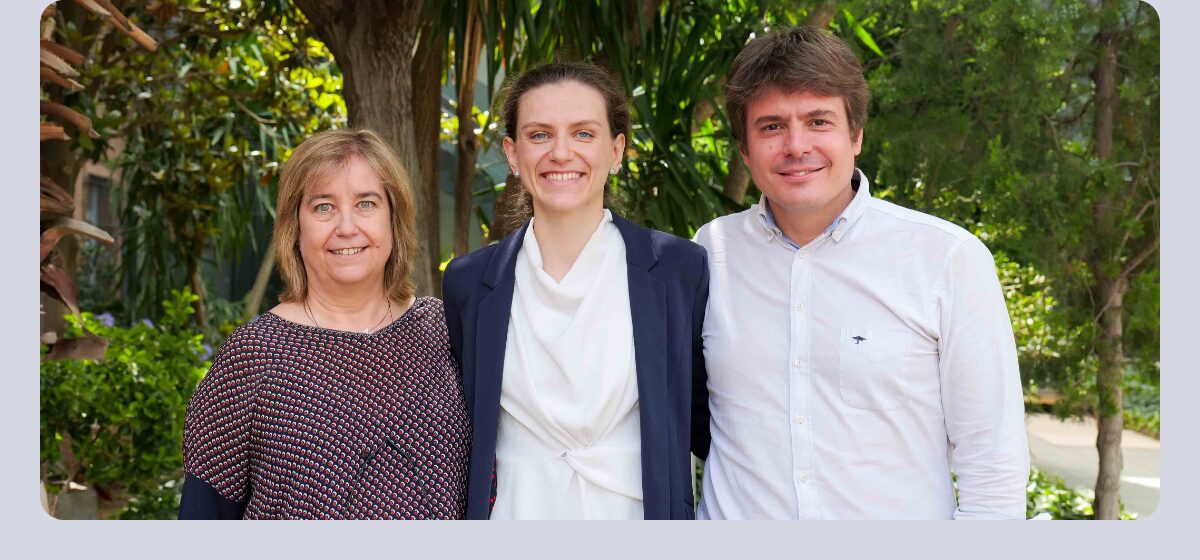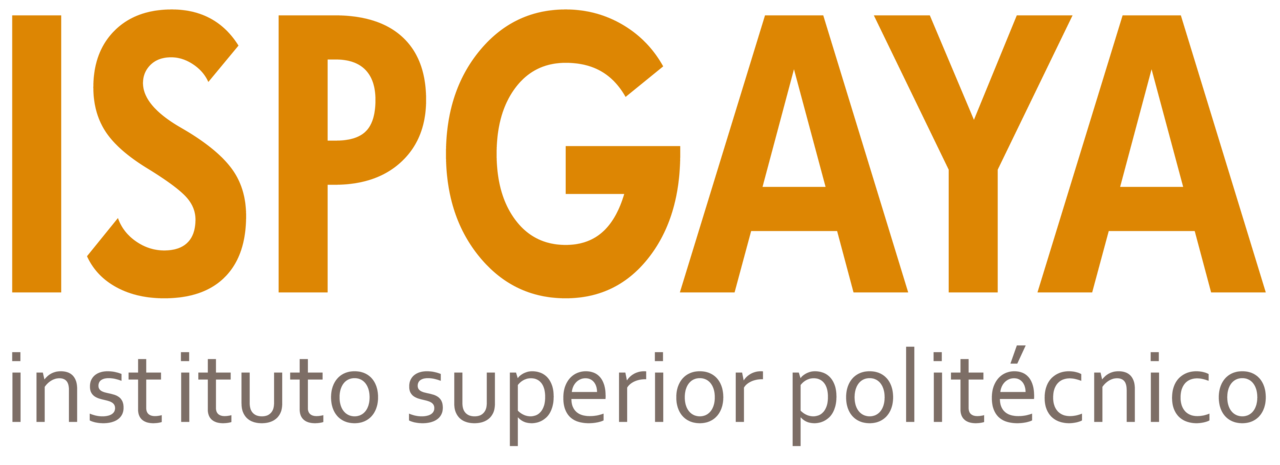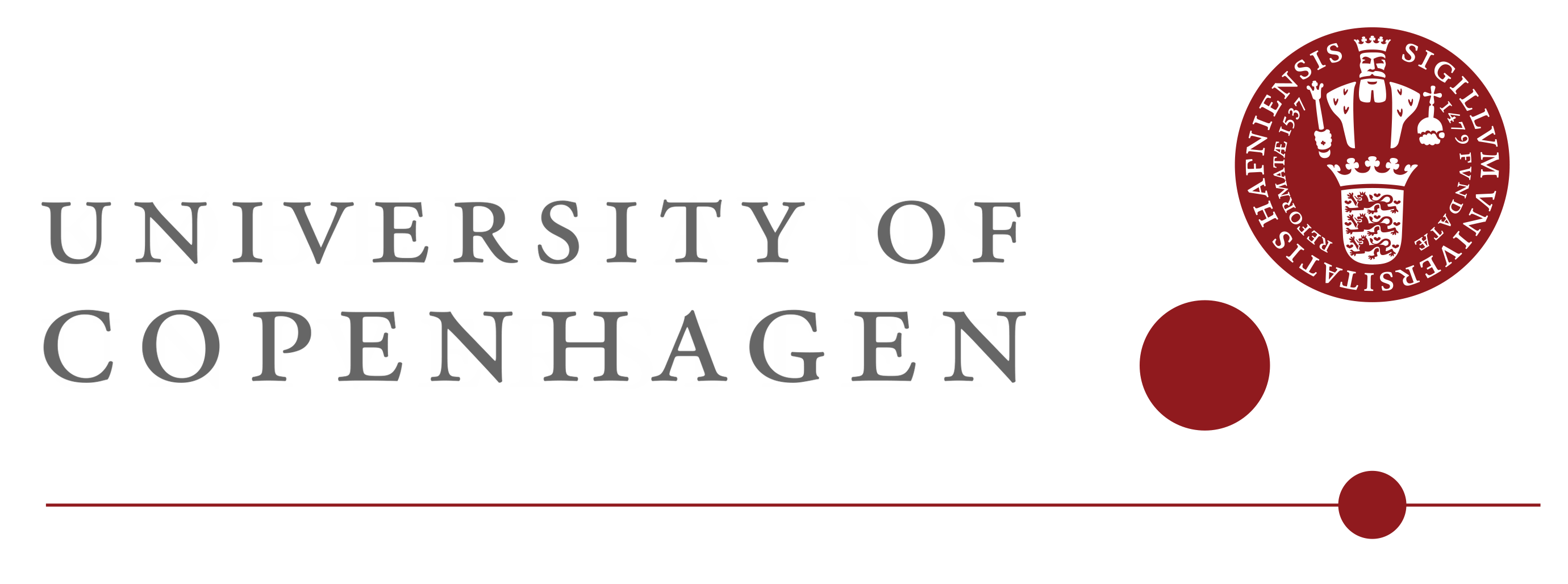The field of statistics is evolving very rapidly with the emergence of information sciences, or data science, but this evolution has not been fully integrated into university education, where a traditional organization of statistical education around descriptive statistics, probability distributions, and inference continues to prevail, requiring adaptation to the changing demands in this area of knowledge.
Within the framework of this paradigm shift in the teaching of statistics, moving from a system based on transmission to one based on inquiry, Dr Kristina Markulin recently defended her doctoral thesis at IQS, entitled “Questioning statistics for business administration through study and research paths.” Her thesis was jointly supervised by Dr Marianna Bosch Casabó, currently a professor at the University of Barcelona and formerly a professor at the IQS School of Management, and Dr Ignasi Florensa Ferrando, professor and director of the Escola Universitària Salesiana de Sarrià (EUSS School of Engineering).
Dr Markulin’s research focused on the framework of the Anthropological Theory of the Didactic (ATD), with the main objective of exploring the conditions necessary to achieve a paradigm shift in statistics and achieve the transformation of both epistemological and didactic infrastructures. This questioning of the current model, understood as knowledge that must be taught through Study and Research Paths (SRPs) was carried out using the notions of the paradigm of visiting works and questioning the world.
With that in mind, her research explored the conditions necessary for a paradigm shift in statistics to occur beyond a mere change in the discourse from “contents” to “competences,” which has proven to be insufficient to transform both epistemological and didactic infrastructures.
The structure of her research was based on three pillars. The first is a state of the art on the teaching of project-based statistics, where Dr Markulin provided evidence on how researchers tend to adopt an internal position with respect to didactic proposals based on inquiries, something inherent to the challenge of teaching. On the contrary, the anthropological theory of didactics points to the issue from a more global perspective, external to the educational system, addressing the conditions necessary to ensure that new instructional proposals take place in specific institutional settings, as well as the restrictions that hinder their implementation and dissemination.
The second pillar is the study of a case analysed following the didactic engineering method based on the design, implementation, and posterior analysis of three editions of a specific statistics course that integrates a study and research path.
The third pillar entails a deeper ecological analysis of this implementation, highlighting the role played by different dialectics of inquiry in terms of chrono-, meso-, and topo-genesis.
In her research, Dr Markulin highlighted the intrinsic connection of the study and research path and the course that it includes and underlined the interconnectivity of the critical factors of the dialectic of inquiry, related to the origin of generating questions and the situation in which they arise, the long-term construction of the means of inquiry, and the progressive evolution of the didactic contract. Finally, she showed how the didactic infrastructure, which supports the paradigm shift, must integrate a different epistemological infrastructure with new and different organizations of statistical knowledge, which is what the paradigm of visiting works provides.
During her thesis, Dr Kristina Markulin collaborated with Dr Carl Winsløw and Dr Britta Jessen, both from the University of Copenhagen (Denmark), as well as with Dr Catarina Lucas, from the Advanced Polytechnic Institute (ISPGaya) in Porto, Portugal.
Noteworthy publications
Bosch, M., Florensa, I., Markulin, K., & Ruiz-Munzon, N. (2022). Real or fake inquiries? Study and research paths in statistics and engineering education. In R. Biehler, M. Liebendörfer, G. Gueudet, C. Rasmussen, & C. Winsløw (Eds.), Practice-oriented research in tertiary mathematics education. Advances in mathematics education. Springer.
Markulin, K., Bosch, M., & Florensa, I. (2021). Project-based learning in Statistics: a critical analysis. Caminhos da Educação Matemática em Revista, 11(1), 200–220.
Markulin, K., Bosch, M., Florensa, I. & Montañola, C. (2022). The evolution of a study and research path in Statistics. Épijournal de Didactique et Epistémologie des Mathématiques pour l’Enseignement Supérieur, Episciences.
Markulin, K., Bosch, M., & Florensa, I. (2024): Inquiry dynamics at the crossroads of descriptive and inferential statistics, International Journal of Mathematical Education in Science and Technology, 1-21.
This thesis has been conducted within the framework of the EDUParadigms project, funded by the Ministry of Science and Innovation – State Research Agency/ERDF (PID2021-126717NB-C31 and PID2021-126717NB-C33) and the QMUNDO project of the State R&D&I Programme aimed at the Challenges of Society (MCIU/AEI/ERDF, EU) (RTI2018-101153-B-C21).















